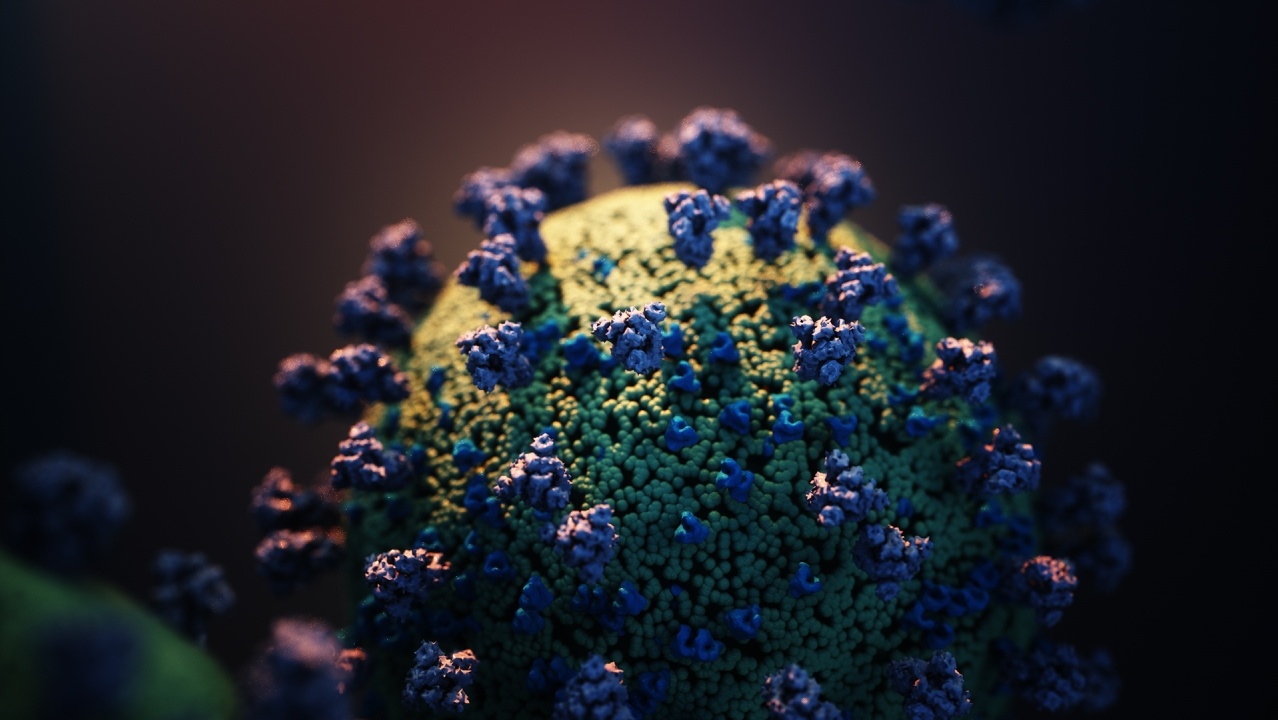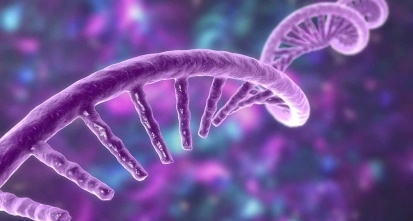Gain new perspectives for faster progress directly to your inbox.

An ongoing theme of the COVID-19 pandemic is the need for widespread availability of accurate and efficient diagnostic testing for detection of SARS-CoV-2 and antiviral antibodies in infected individuals. The ability to detect mild and asymptomatic cases via testing enables early diagnosis and contact tracing, essential steps in preventing the silent spread of the virus. In an effort to meet this need, researchers across the globe are racing to develop highly accurate, efficient, and cost-effective methods for scalable, rapid testing. To assist with better understanding and comparison of the numerous diagnostic tests available, CAS has produced a special report summarizing the basic principles of molecular and serological assays being used in diagnostic tests for SARS-CoV-2. The report highlights recent advancements in testing technologies and provides a high-level view of over 200 diagnostic tests currently available.
Most tests for early detection of SARS-CoV-2 RNA rely on the reverse transcription-polymerase chain reaction, but isothermal nucleic acid amplification assays, including transcription-mediated amplification and CRISPR-based methodologies, are promising alternatives. Identification of individuals who have developed antibodies to the SARS-CoV-2 virus requires serological tests, including enzyme-linked immunosorbent assay (ELISA) and lateral flow immunoassay. Rapid research is fueling constant improvements in testing accuracy, increased throughput capacity and shorter time to results along with greater variety in point-of-care testing. These advances are critical to enhancing the scalability of testing to meet growing public health demand.



